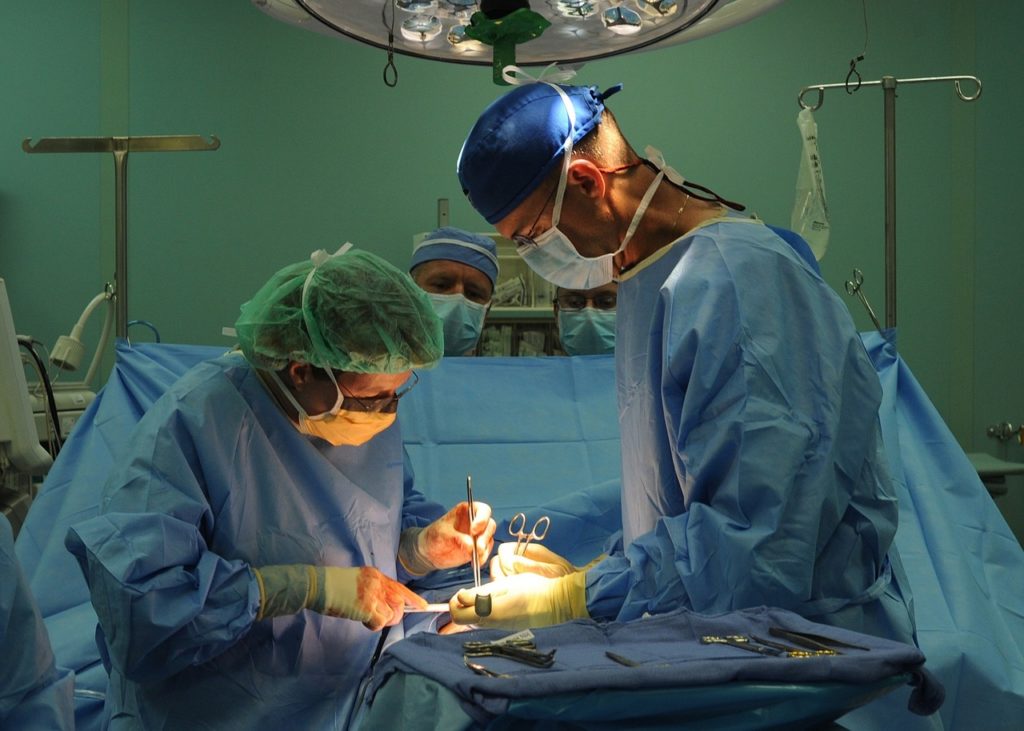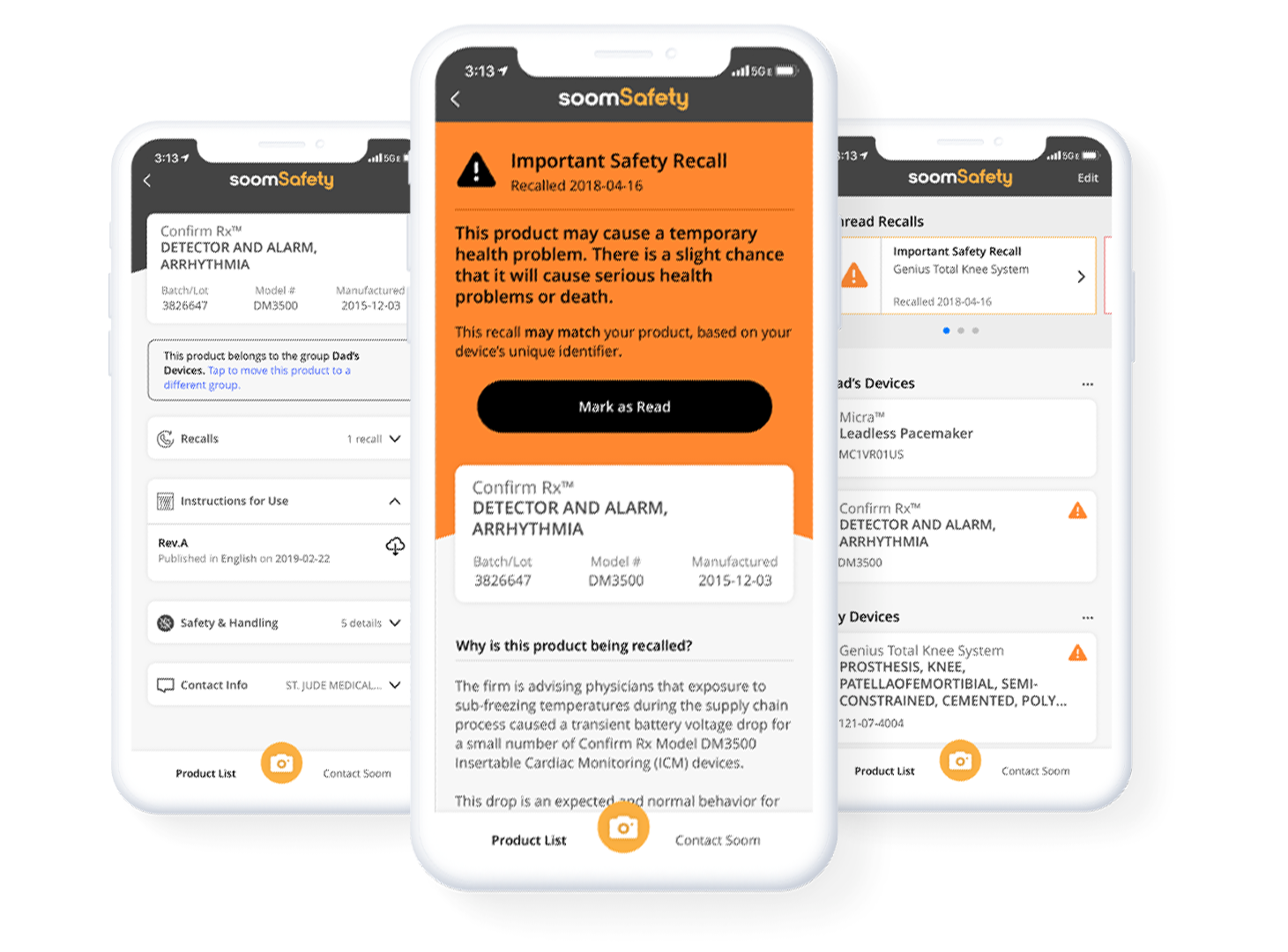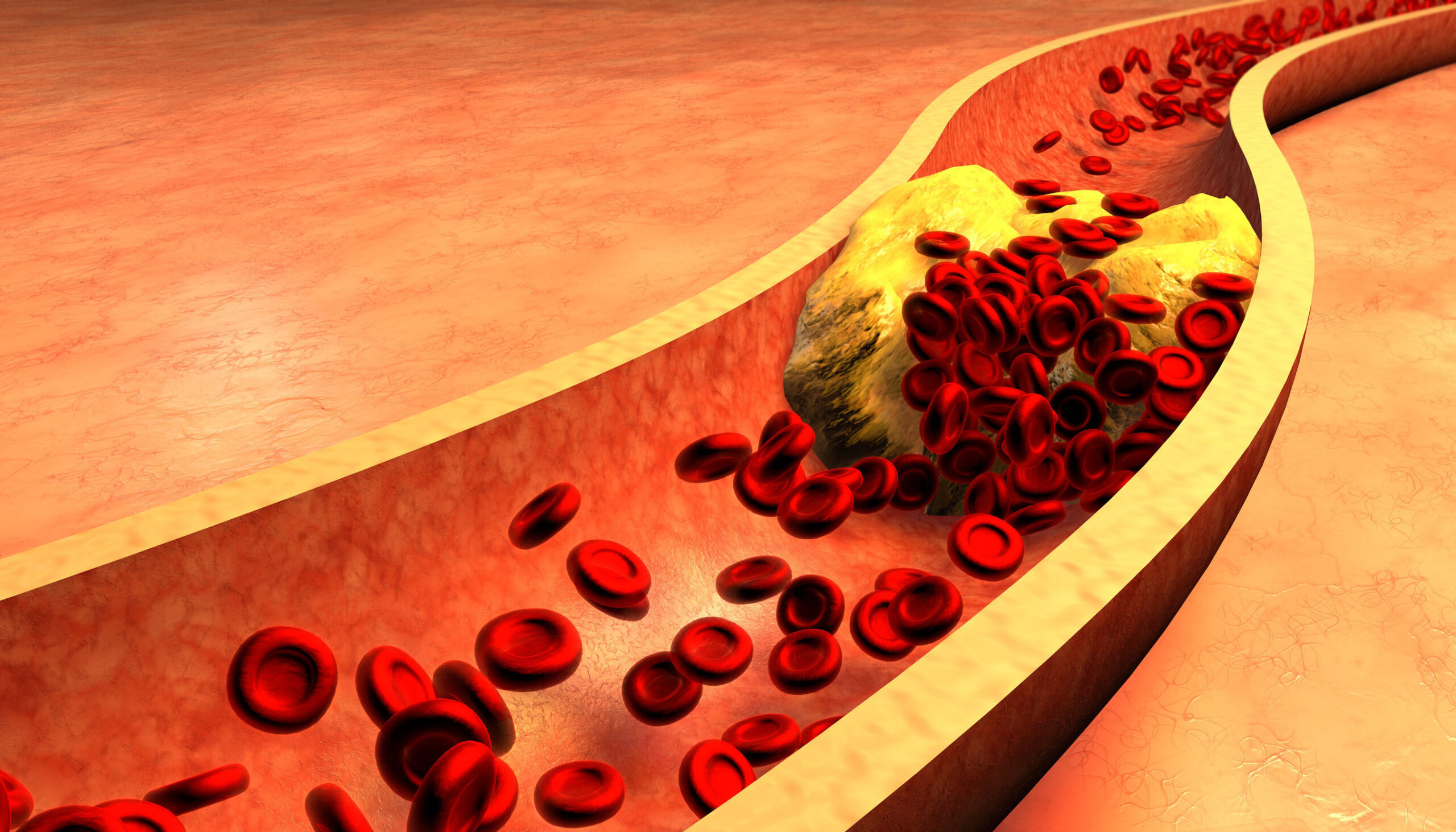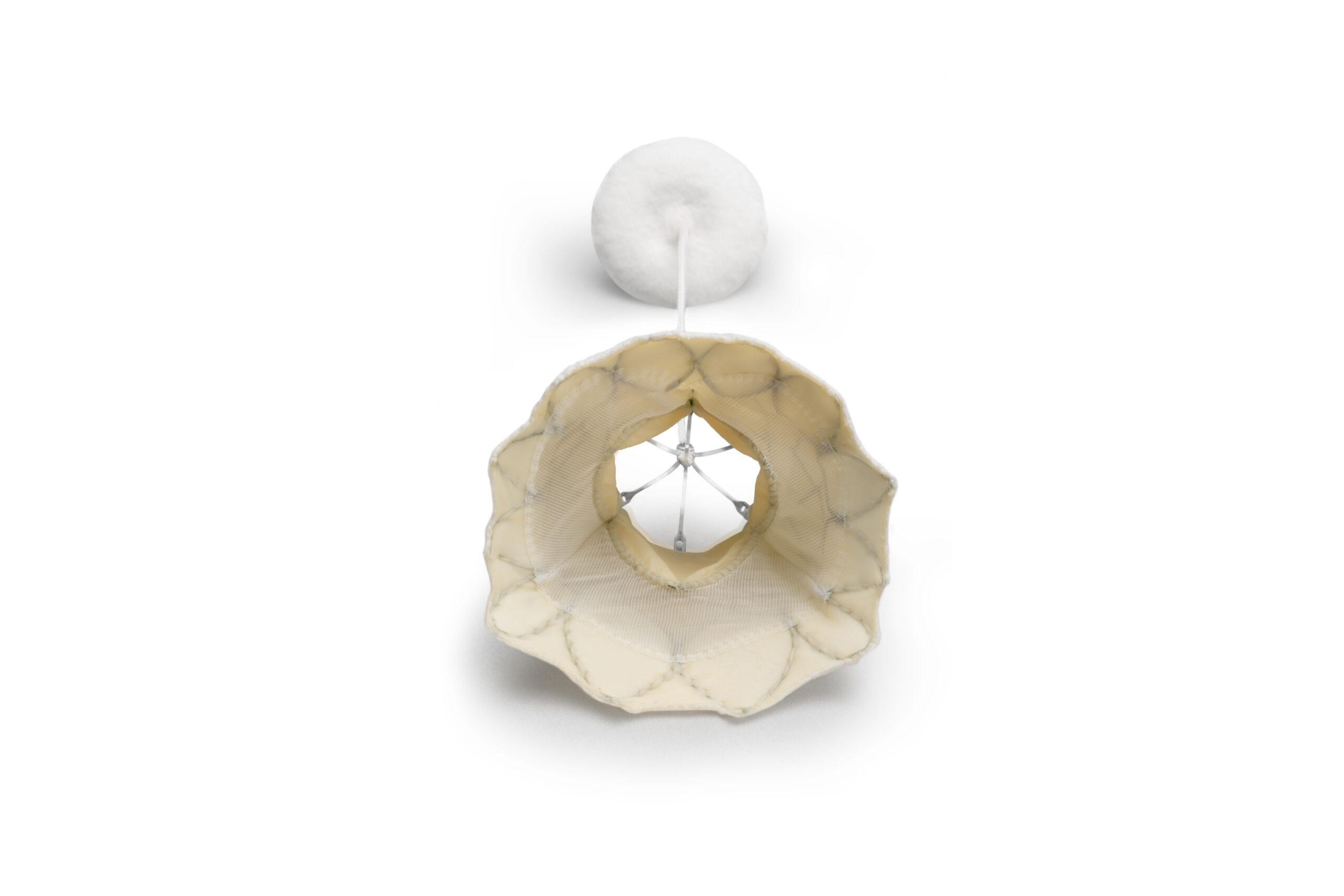It’s hard to appreciate the importance of your heart valves until they don’t function properly. Mitral regurgitation, a heart valve disease that affects the left side of the heart, can be treated through different types of surgery, stopping the backflow of blood into the left atrium. In contrast, there are very limited treatment options for people with tricuspid regurgitation (TR), which affects approximately 1.6 million people in the US.
Biopharmaceutical and medical device company, Abbott, hopes to change the outlook for people with TR. The company recently announced the launch of the TRILUMINATE pivotal trial for TriClip, the first Investigational Device Exemption randomized controlled trial for a non-invasive, catheter-based tricuspid valve repair system for people with severe TR.
The TriClip is built on the company’s hugely successful MitraClip technology, which generated $169 million in worldwide sales in Q2 of 2019. TriClip pinches the three leaflets of the leaky tricuspid valve together, helping to prevent the backflow of blood into the right atrium. If left untreated, the patient’s heart function deteriorates quickly, often resulting in heart failure and death.
RELATED VITALS: Next-Gen MitraClip Device Developed by Abbott Approved for Leaky Heart Valve Repair
Unlike other heart valve diseases, medications and surgical repair or replacement show little benefit in patients with TR. Moreover, a majority of patients with severe TR cannot undergo surgery due to a number of comorbidities. Abbott’s TriClip is administered via a minimally invasive transcatheter, a considerably safer procedure than valve surgery.
“The opportunity to assess how we can better treat these patients with a minimally invasive approach is critical and we’re excited about the potential for this therapy in improving the quality of life for these patients,” said Dr. David Adams from Mount Sinai Health System, in a statement.
Adams is also a co-investigator of the TRILUMINATE pivotal trial, along with Dr. Paul Sorajja. The first patients were enrolled at the Abbott Northwestern Hospital in Minneapolis, Minnesota.
Abbott will soon catch up to rival Edwards Lifesciences, who published 6-month findings from its own TR device trial. The Cardioband Tricuspid System is also delivered via catheter but prevents regurgitation by reducing the size of the annulus, found at the base of the valve. Six months after implantation, annular diameter remained significantly reduced and over 70 percent of patients had improved TR symptoms. The Cardioband system is commercially available in Europe but not the US.
Abbott could be on its way to commercializing TriClip in the US should the TRILUMINATE pivotal trial demonstrate adequate safety and efficacy. Investigators plan to enroll 700 patients across centers in the US, Canada and EU, who will be followed for a total of five years. This data will supplement findings from a smaller, single-arm study where 86.6 percent of patients had a reduction in TR symptoms one month post-implantation. Additionally, their application to the FDA’s Parallel Review program has already been accepted, which intends to reduce the time between FDA approval and Medicare coverage decisions.
As more companies like Abbott, Edwards Lifesciences and early-stage device developer CroiValve — who recently received $3.6 million in funding for its own percutaneous TR treatment — invest in minimally invasive tricuspid regurgitation therapies, there will soon be a need to compare different devices against each other. Importantly, more data will be needed to support the efficacy of transcatheter TR treatment.












Join or login to leave a comment
JOIN LOGIN